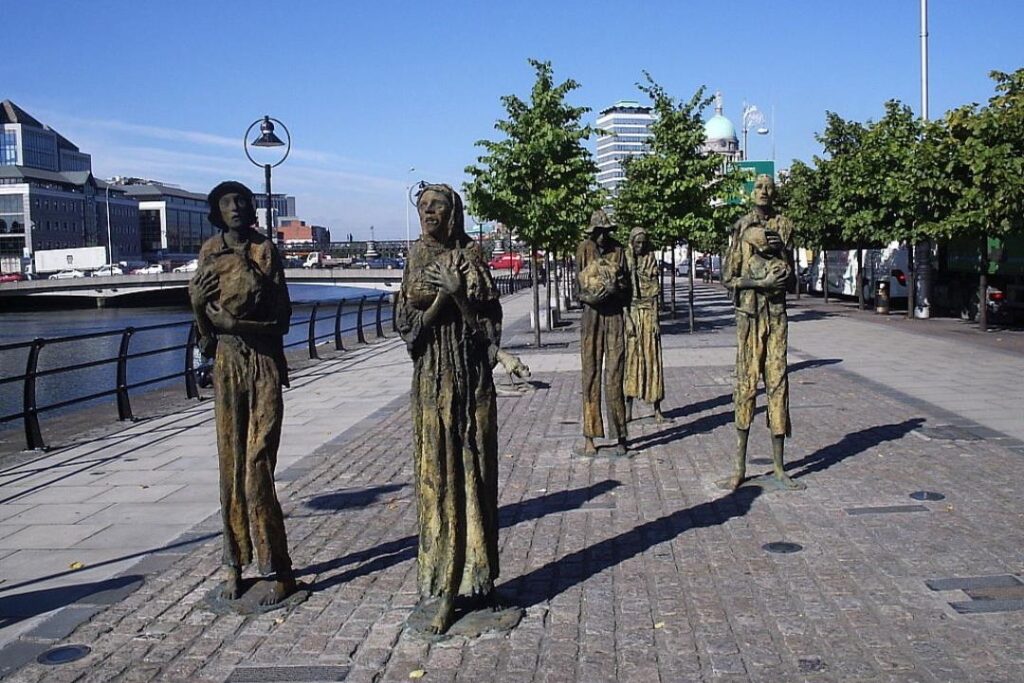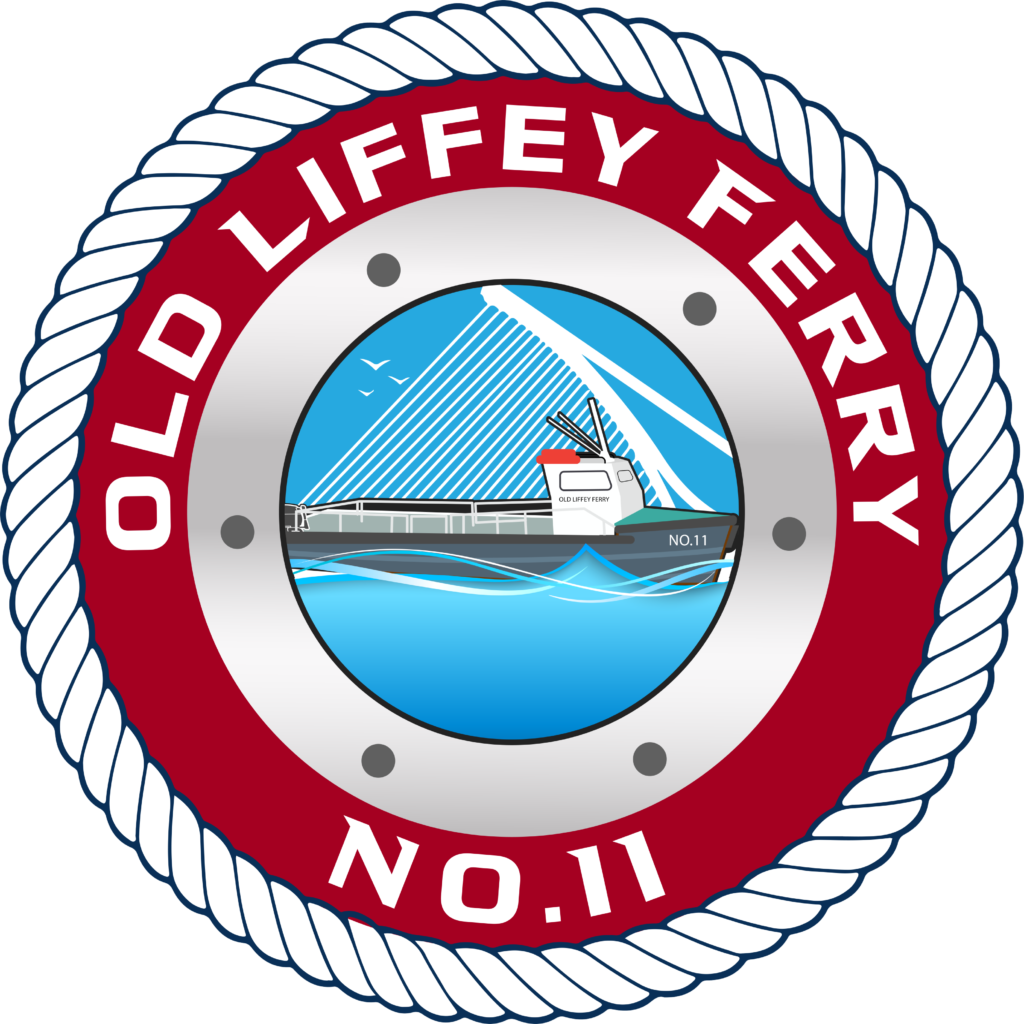MV Cill Airne
Step back in history on board Dublin’s floating Restaurant & Bar on the River Liffey. The MV Cill Airne is located on North Wall Quay. The MV Cill Airne enjoys the prestige of being one of the last riveted ships made in Europe, built in the Liffey Dockyard in the 1960s. Enjoy the unrivalled views of the waterfront along the River Liffey and the illustrious Dublin Docklands.
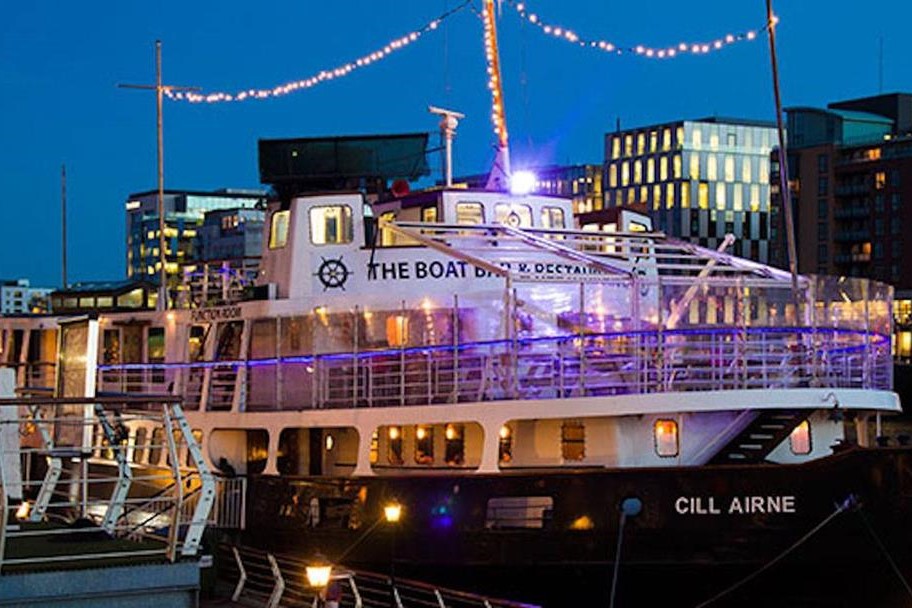
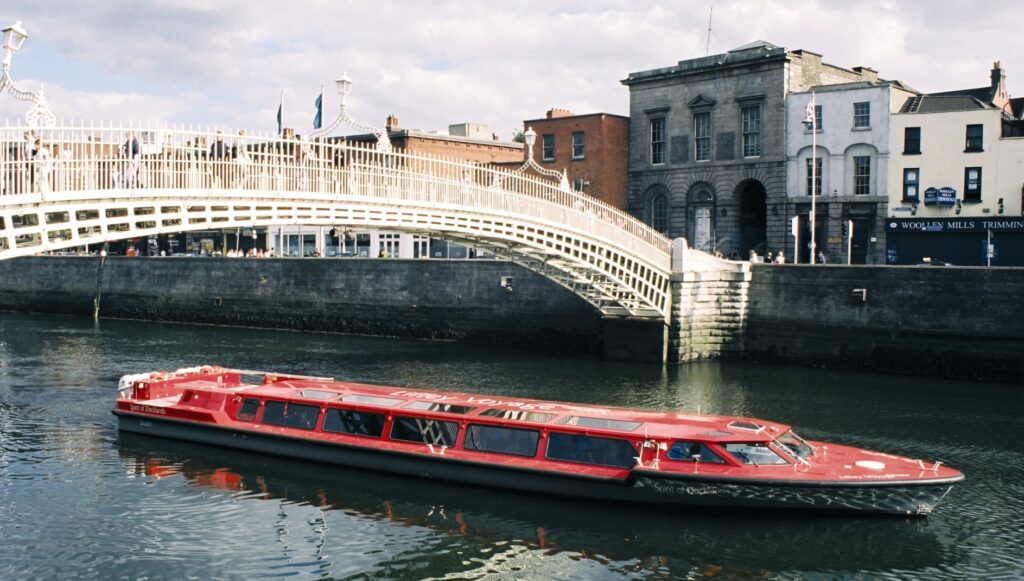
Dublin Discovered Boat Tours
Take in the wonders of the River Liffey from the City Centre down to Dublin Port on board with Dublin Discovered! Tours depart from Bachelor’s Walk and the enclosed boat with glass roof offer a unique view of the City & Quays.
EPIC – The Irish Emigration Museum
Discover what it means to be Irish at EPIC – the Irish Emigration Museum. Explore the diaspora from the Emerald Isle throughout the ages. A fully digital museum, EPIC features 1500 years of Irish history and relives some of the greatest achievements in music, literature, sport, politics, fashion and science.
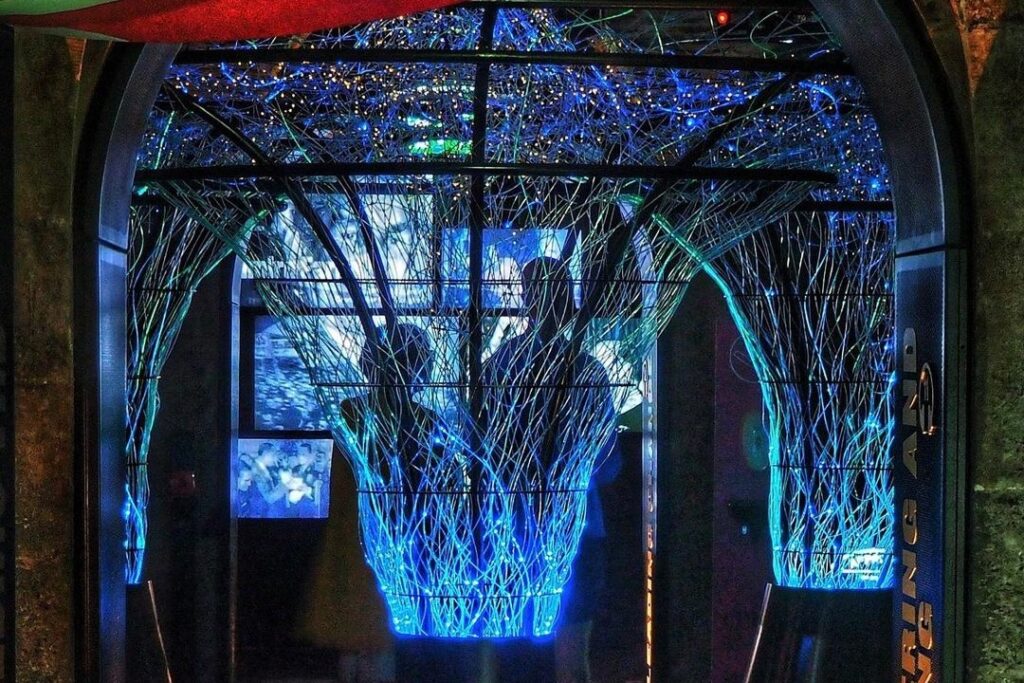
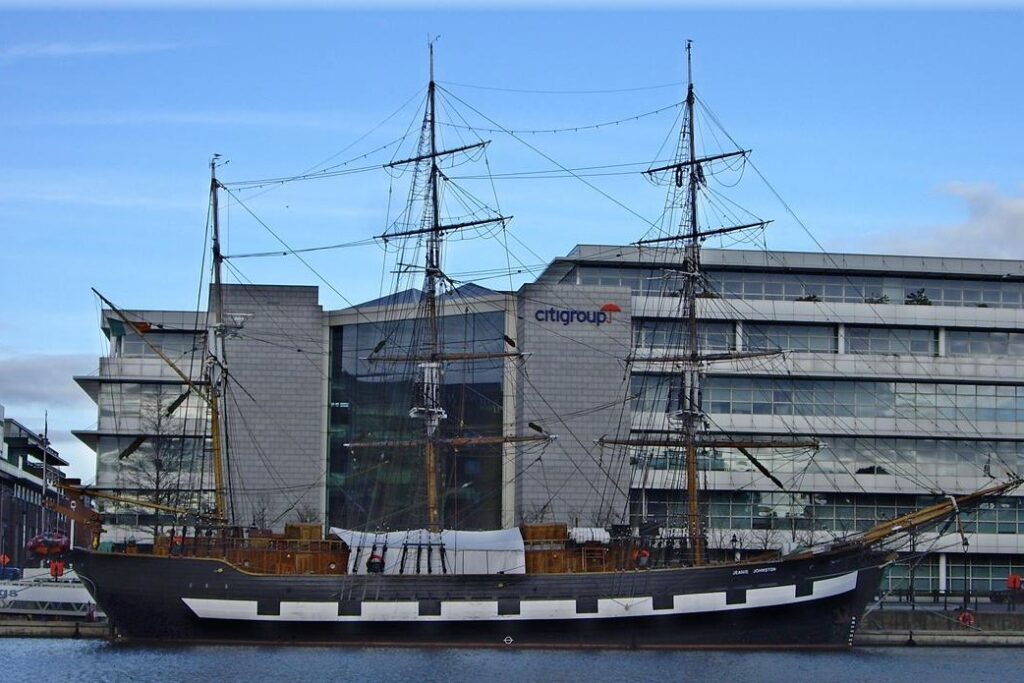
Jeanie Johnston
Over one million Irish people fled Ireland during the years of 1845-1852, a period known as ‘the Famine’ or ‘the great hunger’. You are invited on board a replica of one of the ships that took the fleeing Irish to their new homes thousands of miles away, the Jeanie Johnston. A 50 minute tour tells the story of the thousands of Irish people who fled The Great Famine to North America.
Windmill Lane
At the heart of recording in Ireland since 1978, Windmill Lane recording Studios have opened their doors for guided tours. Explore the three recording studios, the recording, mixing and mastering facility that is at the very heart of Irish music and recording for over 40 years. See where global stars like U2, Depeche Mode, Snow Patrol, Metallica, Ed Sheeran, the Spice Girls, the Rolling Stones and many, many more have recorded.
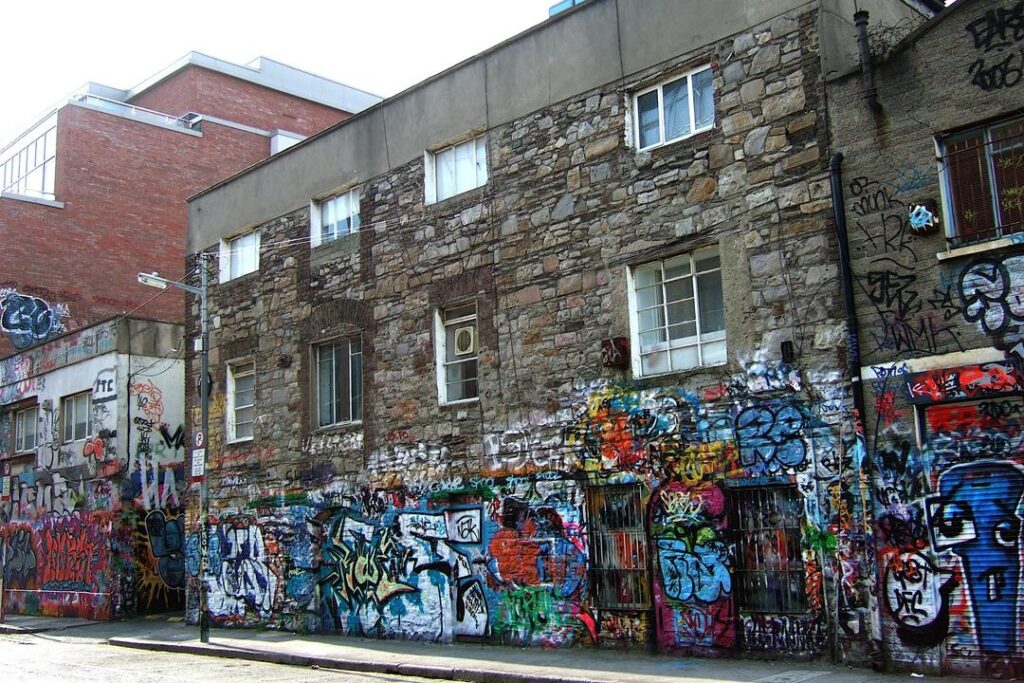
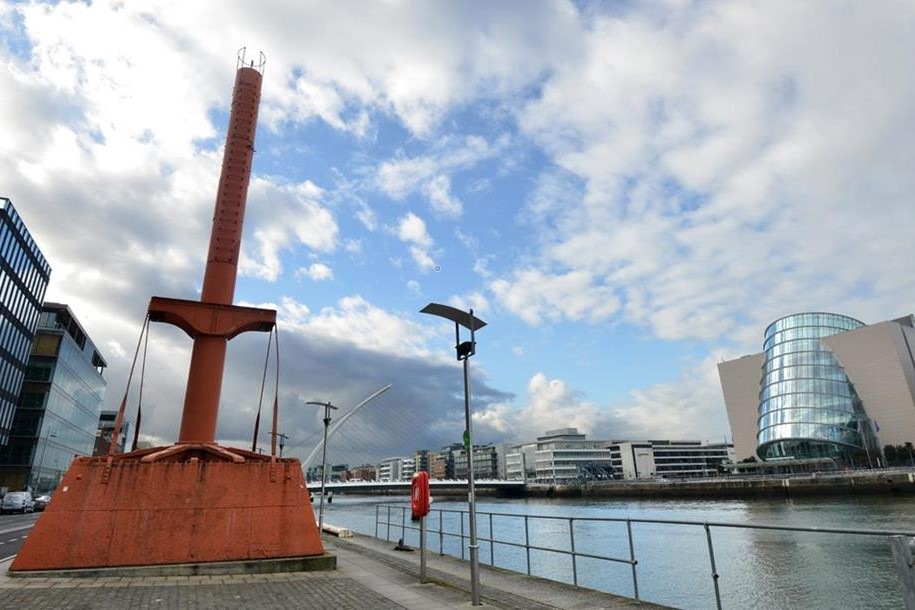
Diving Bell
Used in the construction of the very walls that embrace the River Liffey, the Diving Bell is an iconic landmark on Dublin’s Docklands. You are invited to walk through the structure and learn the history of the Diving Bell – a ground breaking piece of engineering innovation in its day (1860s)
Famine Memorial
A haunting image on Dublin’s North Quays is the iconic sculptures titled ‘Famine’. The waifs struggling in rags towards the Docklands recall the victims of the Famine who travelled miles and miles to the Quays around the country in search or passage on board a ship bound for the New World in order to escape the terrible poverty prevalent amongst the Irish during the years of the Famine.
A reflecting series of Famine sculptures, both sets by Dubliner Rowan Gillespie, in Toronto’s Ireland Park commemorating the arrival of these refugees in Canada.
